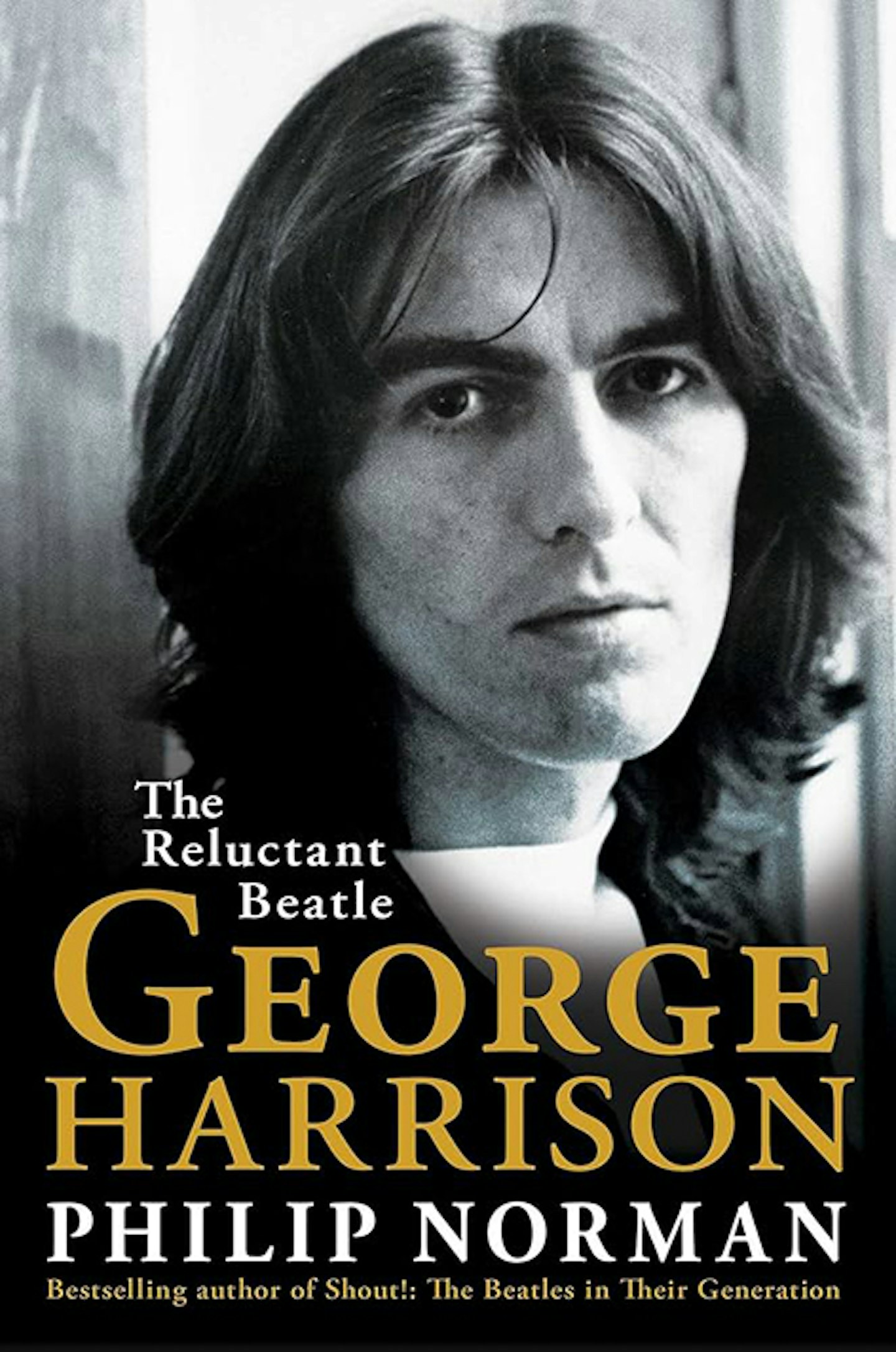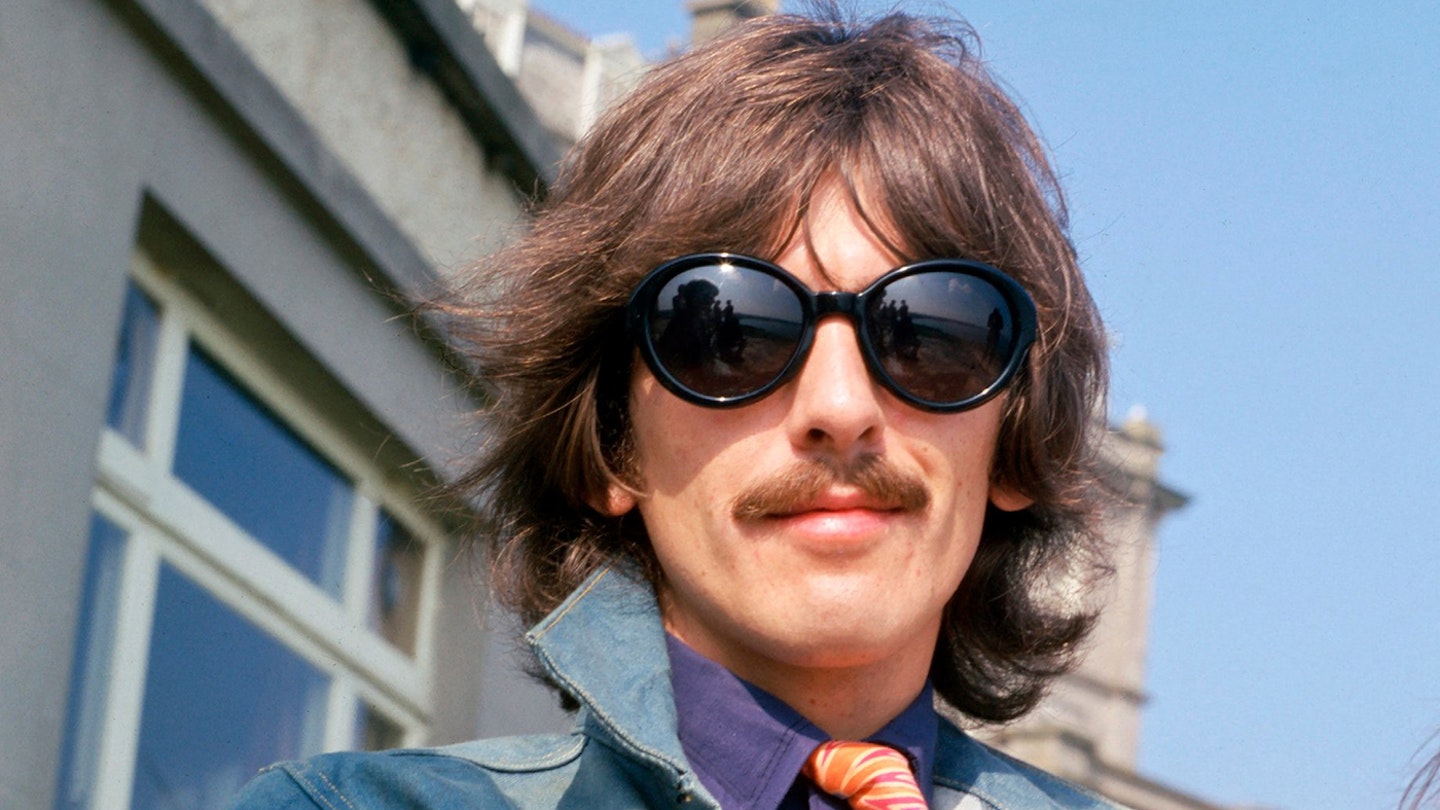George Harrison: The Reluctant Beatle
Philip Norman
★★★
SIMON & SCHUSTER.

NOW 80, Philip Norman has been writing about The Beatles for nigh on six decades. Famously the author of bestselling 1981 band bio, Shout!: The Beatles In Their Generation (which was so pro-John and anti-Paul that McCartney labelled it “Shite!”), he has since delivered weighty individual life stories of Lennonand McCartney, and now, turns to George Harrison.
Sometimes, it’s hard to fathom exactly why he keeps returning to the subject, since he seems deeply ambivalent about the Fabs. Much like the recanting in his McCartney book, here he’s forced to messily reverse out of the cul-de-sac that was his nasty 2001 Sunday Times Harrison obituary, in which he painted the second Beatle to die as “a serial philanderer” and “miserable git”. (Norman here acknowledges that the piece was “unremittingly negative, in places crudely insulting.”)
"He had such a strong core of self..." George Harrison Remembered.
And so to this 500-plus pager, angled towards highlighting the contradictions in Harrison’s personality: e.g., being someone “who, paradoxically, became more moody and uptight after he learned to meditate”. More than 300 of those pages retell The Beatles’ story, though curiously with no real attempt to view the tale from the guitarist’s perspective, which might have been the most obvious tack. Certain insights are however forthcoming: the clean lines and precision of Harrison’s playing are linked to his schooldays interest in architecture; The Beatles sardined into one room at the Bambi Kino in Hamburg in 1960 were essentially living like people-trafficked illegal immigrants.
Occasionally, Norman’s Beatles-era assessments are baffling (he dismisses The White Album’s hypnotically dreamy Long, Long, Long as “bland”), but the narrative properly gets going post-split when Harrison retreats to his Henley pile, Friar Park, resurfacing for the Concert For Bangladesh or the ill-fated ’74 Dark Horse (or press-nicknamed “Dark Hoarse”) US tour during which he was suffering from laryngitis.
En route, the author hasn’t finished with this “serial philanderer”, delighting in telling a tale involving George, a ukulele and an LA sex worker named “Tiffany”, and particularly enjoying picking through the details of the ’70s rock star soap opera that was the Harrison/Clapton/Pattie Boyd romantic tangle. “Those two were so tight,” Boyd notes. “I was just the one in the middle.”
More pertinent perhaps is Harrison’s often unsung role as a film producer (for a total of 23 films including The Long Good Friday and Withnail And I) and how it nearly bankrupted him, just in time for the Anthology project to replenish the coffers. Then, graphically and horrifyingly, Harrison’s attack by an intruder at Friar Park in 1999 is depicted as the attempted murder that it was (he was stabbed more than 40 times), which along with his treatment for throat cancer two years earlier, fatally weakened him, resulting in his death, aged 58, from lung cancer in 2001.
In the end, it seems from Norman’s account, having lived a life of such intensity, Harrison was as fatalistic as he was spiritual. His long-time friend since the ’70s, Monty Python’s Eric Idle remembers “he was always saying: ‘Don’t forget you’re going to die.’ From about the time I knew him, he was preparing to die.”
“‘Just make sure,’” Idle recalls Harrison telling him, “‘you live life to the fullest every moment.’”
WHAT WE LEARNED
● The Eric Idle-directed video for Harrison’s 1976 single Crackerbox Palace (Number 19 in the States; a flop in Britain) is essentially a tour around Friar Park, replete with the singer’s friends in Python-esque garb.
● Harrison was a big fan of motor racing, likening it to “noisy rock’n’roll really. The drivers are like rock’n’roll musicians. They live for now and don’t really care too much about everything else…”
● Harrison wasn’t a fan of Oasis (who freely pilfered titles from him, including Wonderwall and Be Here Now), deeming them “not very interesting”. Liam Gallagher responded by calling Harrison “a fucking nipple”.
● Not long before his death, Lennon was irked by Harrison’s 1980 memoir, I Me Mine. “[John] was annoyed with me because I didn’t say he wrote one line of Taxman,” Harrison revealed. “But I also didn’t say how I wrote two lines of Come Together…”
George Harrison: The Reluctant Beatle is published by Simon & Schuster on 24 October
Picture: Getty
